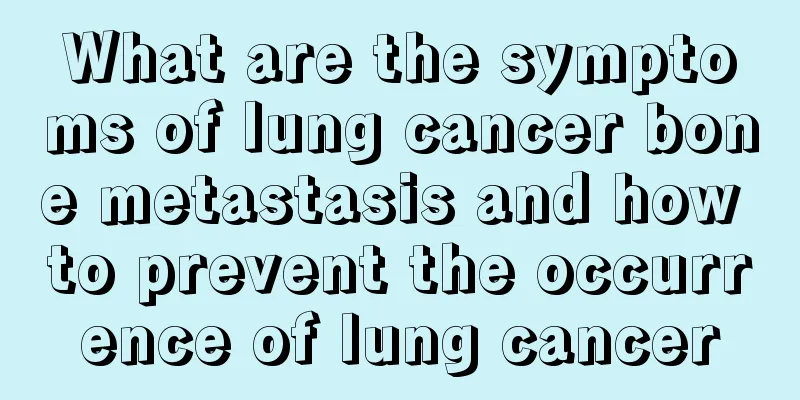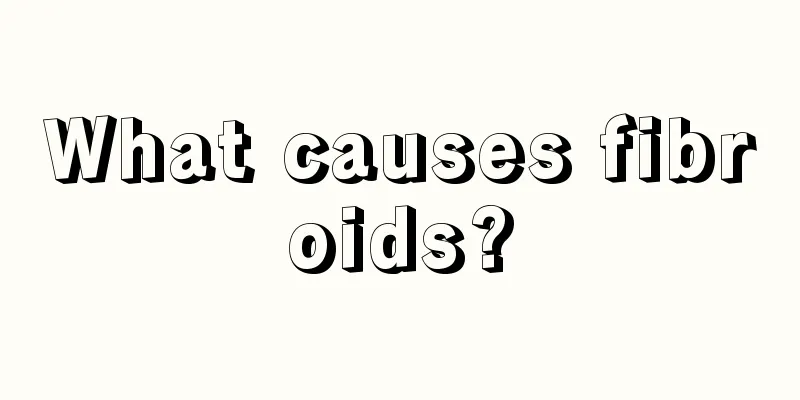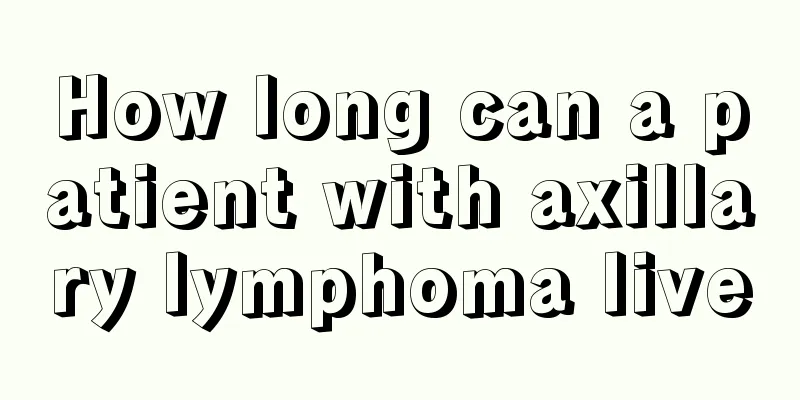Side effects of prostate cancer chemotherapy

|
Chemotherapy is one of the adjuvant treatments for prostate cancer. Common drugs include cyclophosphamide, 5-fluorouracil, doxorubicin, cisplatin, etc. Common chemotherapy toxicity and adverse reactions include the following 7 aspects: 1. Chemotherapy drugs can cause liver damage Chemotherapy for prostate cancer can cause varying degrees of liver damage, causing patients to experience elevated alanine aminotransferase, elevated bilirubin, liver enlargement, liver pain, jaundice, etc. Severe cases can also cause cirrhosis, coagulation disorders, etc. Therefore, liver function should be dynamically monitored during chemotherapy. 2. Renal toxicity The toxic effects and adverse reactions of the urinary system caused by prostate cancer chemotherapy are mainly manifested as proteinuria, oliguria or anuria, hematuria, etc. In order to reduce renal toxicity, patients are advised to drink more water during chemotherapy and given intravenous fluids to keep the urine volume above 2500ml. 3. Cardiotoxicity The cardiotoxicity of prostate cancer can manifest as abnormal electrocardiograms in patients, and in severe cases, heart failure may occur. Therefore, the medication process should be closely monitored, and if abnormalities are found, symptomatic treatment or medication should be discontinued in a timely manner. 4. Lung toxicity The toxic effects and adverse reactions of prostate cancer chemotherapy on the respiratory system are mainly manifested as acute chemical pneumonia and chronic pulmonary fibrosis, and even respiratory failure. 5. Inhibit the bone marrow hematopoietic system Chemotherapy drugs inhibit the bone marrow hematopoietic system, which mainly manifests as a decrease in white blood cells and platelets. Therefore, a blood test should be done before each chemotherapy. When the white blood cell count is lower than 2.5×109/L and the platelet count is lower than 50×109/L, chemotherapy should be stopped and drugs to increase white blood cells should be given. 6. Impact on fertility Some drugs used in prostate cancer chemotherapy can affect fertility and cause teratogenesis, so they should be contraindicated for young patients. 7. Thrombophlebitis When chemotherapy drugs are given by intravenous injection, careless leakage of the drug solution can cause local tissue necrosis and thrombophlebitis. In addition, patients will also experience symptoms such as hair loss and gastrointestinal reactions, which can be treated symptomatically. After chemotherapy is stopped, the symptoms can usually be relieved on their own. |
<<: 10 groups of people who are prone to breast cancer
>>: TCM classification and treatment of ovarian cancer based on syndrome differentiation
Recommend
What are the factors that induce gastric cancer? Five major causes of gastric cancer that need to be watched out for
Gastric cancer is one of the most common tumor di...
Is depressive insomnia dangerous?
Depressive insomnia is a mental illness with an i...
The harm of not eating staple food for dinner
With the continuous improvement of living standar...
What to put in the middle layer of a three-door refrigerator
Nowadays three-door refrigerators are more popula...
Which hospital is best for treating nasopharyngeal carcinoma
When a very serious disease is discovered, such a...
Can I have a baby in the early stages of nasopharyngeal cancer?
It is not recommended for patients with nasophary...
What to do if prostate cancer metastasizes to the bone? Different methods for different situations
Prostate cancer is a type of genital cancer with ...
Acid reflux and burning throat
We have all experienced acid reflux. The cause of...
What are the benefits of drinking water soaked with Atractylodes macrocephala and Poria cocos
Nowadays, people no longer drink tea as the main ...
How to quickly relieve thigh pain
The symptom of thigh pain is quite common. There ...
How long will it hurt after being stung by a wasp
Many people are familiar with hornets, especially...
What are the symptoms of chronic non-atrophic gastritis?
We need to learn more about the symptoms of chron...
How to treat warts effectively?
The treatment of warts is difficult for many pati...
What are the types of inguinal lymph nodes?
Inguinal lymph node disease is a common disease c...
What is the reason for low monocyte count in thyroid cancer
Low monocyte count in thyroid cancer patients may...









